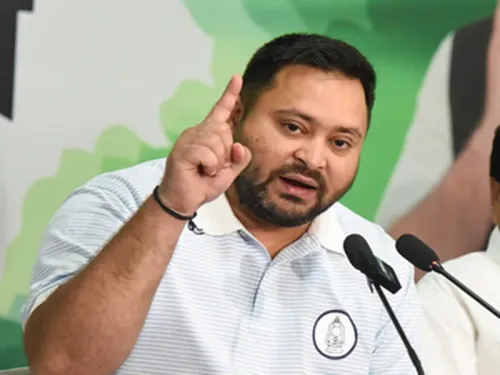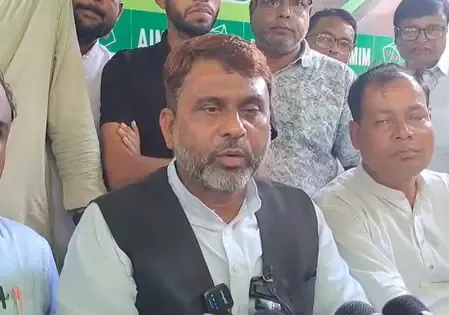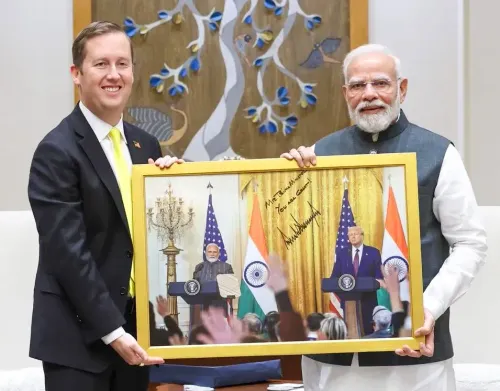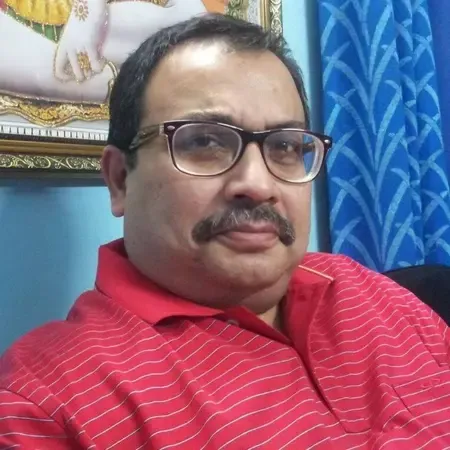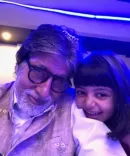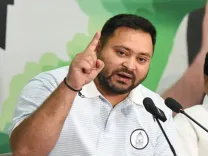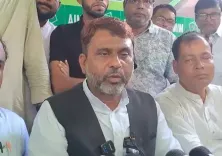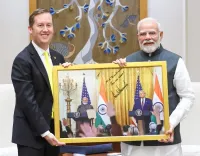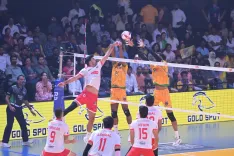Did President Murmu Pray at Gujarat's Dwarkadhish Temple?
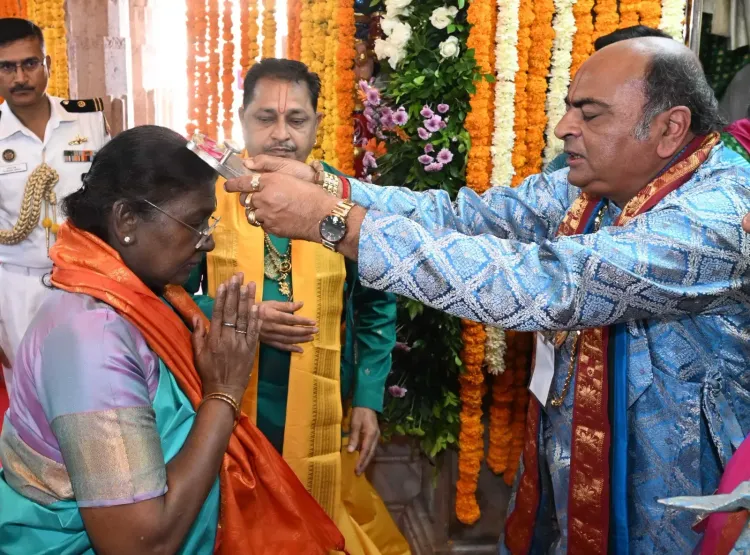
Synopsis
Key Takeaways
- President Droupadi Murmu offered prayers at Dwarkadhish Temple.
- Her visit included engagements with local tribal communities.
- Highlighting education, she praised the Siddi tribal community's literacy rate.
- Emphasized the importance of tribal inclusion in national development.
- Visited the Somnath Temple and paid tribute to Sardar Vallabhbhai Patel.
Dwarka, Oct 11 (NationPress) President Droupadi Murmu visited Gujarat's Dwarkadhish Temple on Saturday, fulfilling a significant part of her three-day tour of the state.
This spiritual journey is an essential aspect of her itinerary before heading to Ahmedabad to serve as the chief guest at the 71st convocation ceremony of Gujarat Vidyapith.
According to a post on X from the President's Office, "President Droupadi Murmu had Darshan at Dwarkadhish Temple in Gujarat and offered prayers for the well-being and prosperity of everyone."
This visit reflects a combination of spiritual, cultural, and academic engagements in the state. Her attendance at Gujarat Vidyapith, established by Mahatma Gandhi in 1920, holds great importance as it continues to uphold Gandhian values and education.
During her tour of Gujarat on Friday, President Murmu also visited the renowned Somnath Temple, where she performed darshan and puja. She paid floral tributes to the statue of Sardar Vallabhbhai Patel situated nearby, commemorating the legacy of India's first Deputy Prime Minister and a pivotal figure in national integration.
Later, the President explored Gir National Park, engaging with local tribal community members at Sasan Gir.
She praised their environmentally friendly way of life, referring to it as a model for sustainable living that inspires many.
During her address, the President urged tribal families to prioritize education, acknowledging that the Siddi tribal community has achieved a literacy rate above 72%.
President Murmu emphasized various initiatives from the Central government aimed at enhancing the lives of tribal communities. She encouraged residents to leverage these programs and promote awareness within their communities.
She stressed the necessity of tribal inclusion in India's progress, stating, "With the active participation of our tribal brothers and sisters, we are striving for a just and respectful society where their traditions are protected and rights upheld. This is vital for making India a developed nation by 2047."

